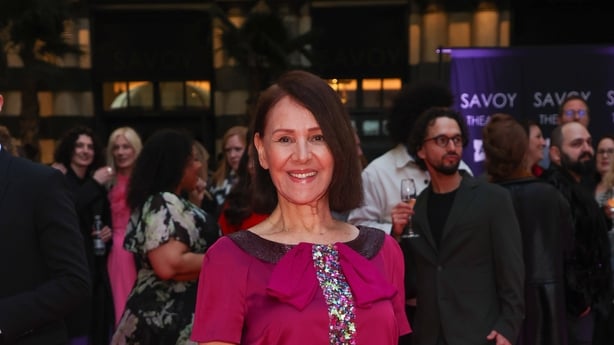Arlene Phillips has said the "pressure now is further for the professionals" on Strictly Come Dancing than it was during her time judging on the show.
The 81-year-old was responding to questions about controversy over the alleged treatment of contestants on the BBC show, in an interview on ITV's Good Morning Britain.
The results of an investigation, launched by the BBC following allegations made about Giovanni Pernice by former participant Amanda Abbington, have not yet been published by the corporation.
Pernice rejects the allegations, and fellow dancer Graziano Di Prima has also left the show.
'Now the pressure is another level.'
— Good Morning Britain (@GMB) August 12, 2024
Dame Arlene Phillips says over the years the pressure has increased significantly on the Strictly professional dancers as they try to raise their profile. pic.twitter.com/RBqOrUBO53
Phillips said the show has "become such a big thing" since she worked on it and added that it "didn’t have the stakes as high" then.
Responding to GMB host Kate Garraway, who said she did not recognise any of the allegations from her time on the show, Phillips said: "I think what happened when you came into the show in those early years, the expectation wasn’t as high.
"It was hard, it was tough, and dancing is tough, we go through a lot with our bodies, but it’s become such a big thing.
"Now people have been catapulted to enormous fame, including the professionals.
"The pressure now is further than it was for the professionals, it’s their own personal fame.
"They (the professionals) all have their own shows now; nothing like that happened (when Arlene was judging), it didn’t have the stakes as high.
"The pressure was there, everybody felt it, but you felt it in your training, in wanting to find a way to become a better dancer, but now is another level."

The veteran dancer was on the inaugural judging panel, working on the show between 2004 and 2008.
In 2009, she was replaced by Alesha Dixon, which led to allegations of discrimination against older women on television, but the BBC strongly denied this was the case.

